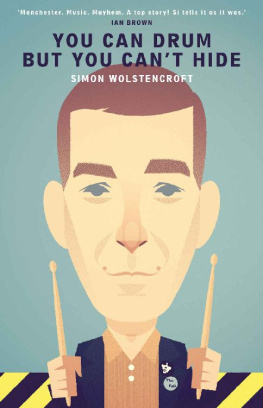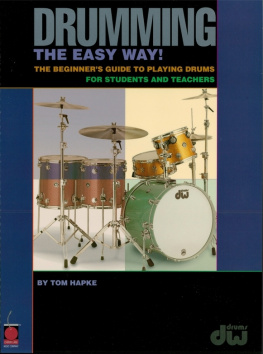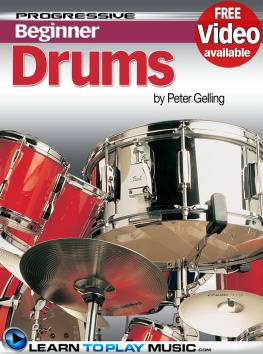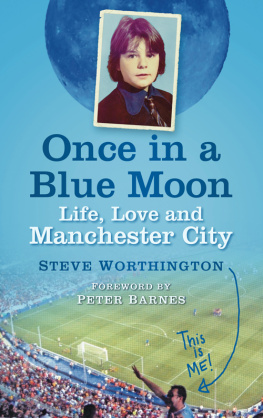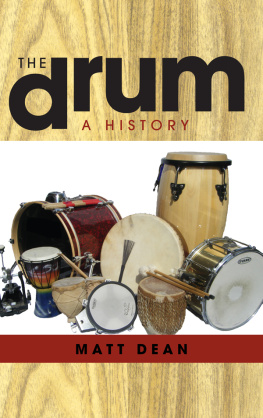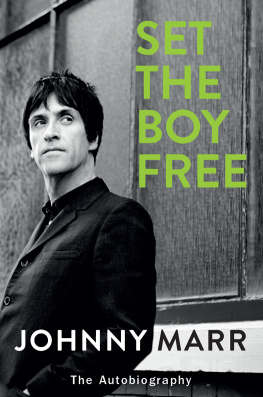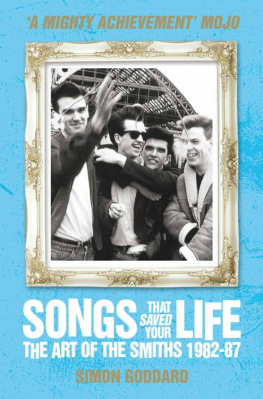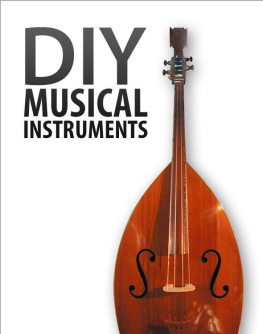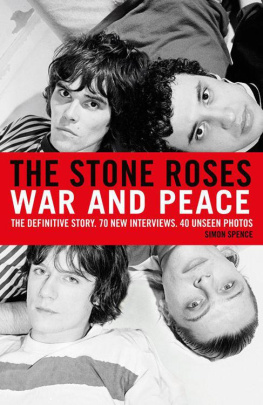1. The Doctors Son
I was born at home in my parents bedroom during the coldest month of the twentieth century January 1963 in the parish of Ringway, three miles from Manchester Airport . It was the swinging sixties and the beginning of the jet age.
Simon Wolstencroft: the doctors son.
My dad, Peter, was a GP. He met my mother, Pat, at a medical dance in Sheffield , where my mum qualified as a state registered nurse. Though I didnt know it at the time, my elder sister Jane and I were lucky to have had a lot of advantages in life, as we grew up happily in the affluent commuter belt.
My earliest memory of Three Gates, as our house was known my earliest memory of anything, actually was of peering down through the slats of the landing balcony as my dads patients sat in the hallway, waiting to be called into his surgery. Who were these people in the house? As the practice grew in the early seventies, he moved to a health centre in Sale Moor.
As part of his surgery, Dad was often on duty as an emergency doctor at the weekend. Hed take me in his Vauxhall Victor on his rounds in Sale and Wythenshawe. While he tended to his patients, I would sit in the Vauxhall and tune in to pop stations and the Sunday-evening chart show, dialling in the frequency on the crackling wireless when glam rock was king.
I first sat behind a drum kit in a hotel bar in Estoril one Saturday night in 1971. I loved the look of the silver sparkle kit. When the resident cabaret band started up, the tight crack of the snare drum cut through everything the cheesy keyboards, the approximated bass lines. That was it. Eight years old I was hooked.
When I got home, I started playing biscuit tins and paint pots with Mums thickest knitting needles along to the new bands on the scene like T.Rex, David Bowie and Sweet. I had all the Sweet singles and was made up when my mum bought me my first ever album: Sweet Fanny Adams . The single Wig-Wam Bam was a particular favourite of mine, as was their number one smash Blockbuster with its air raid siren intro and kettledrum-driven middle eight.
I would copy the drummers who played on Thursday nights Top of the Pops . They were miming, but they generally played faithful to the record. I would practise twizzling the drum sticks in my fingers. Sweet seemed to be on the show nearly every week along with T.Rex, Wizzard and Slade. It was essential viewing all through my childhood. It was all we talked about in the school playground the next morning.
I got my love of music from Mum. She played vinyl records on a wooden radiogram the size of a bathtub that sat in the dining room at the front of the house; the thing looked like it was made of teak. Mum played tunes whilst she was doing housework or cooking. Once, when I came home from school, I found my mum and her sister, Catherine, both dancing to Nancy Sinatras These Boots Are Made for Walkin on the dining room table!
The music generally stopped before six thirty in the evening when Dad got back from work, ready for his tea. Although he had a mischievous streak, Dad was a man of his time and didnt want any part of the swinging sixties or pop music. The first thing he would do when he got in was pour himself a large whisky, then plonk down in his favourite armchair in front of the TV, worn out from his efforts. Unless it was summer then he seemed to mow the lawn almost constantly.
Jane would be at her homework while mum cleared up and got ready for the next day. Id be in the dining room in front of the record player listening to Motown, Northern Soul and Rolling Stones 7-inch singles. I had the tone knob turned right down to ensure maximum bass sound as I learned the drum parts.
My first experience of show business was at the circus in Wythenshawe Park , aged ten. A clown act was in full farce when they announced, Were looking for a skinhead to help us with our next trick. They made a beeline for me, probably because I had short hair, a denim jacket and was near the front. But I was only ten. I was petrified as they dragged me up and made a show of putting out a safety net flat on the sawdust floor. I was thrown from clown to clown, balancing on their shoulders, feeling less than safe above their comedy health and safety act. They wouldnt be the last clowns I worked with.
My first foray into a band was when I started a little group with my next-door neighbours, Keith and Stuart Murray, who were my age and owned an old acoustic guitar. We used to thrash out half a dozen ditties stood on top of their bunk bed with me playing on the old biscuit tins. I filled one of them with gravel to get a snare type sound. We didnt get any gigs.
We called ourselves the BG Boys after The Bee Gees who were massive back then. This, along with the music from some of the TV shows, like Starsky and Hutch, or the film Shaft , instilled my love of the funk sound. Funk is a feeling, its about what you dont play, not what you do play. About the space in between the beat.
One January, all the family went to the sales in town where I stared at a little drum kit in the window of Lewis department store for ages, thinking, its my birthday soon . But no amount of hinting and puppy-dog eyes got the message across. I ended up with a remote control Stuka dive bomber instead. My dad nearly took the top of someones head off with it in Melrose Park when he lost control of the plane.
While I was still bashing away on the biscuit tins, my dad bought a baby grand piano and stood it proudly in the lounge. He could read sheet music and occasionally played classical pieces, which was his idea of music. Proper music.
Jane started to have lessons once a week, reaching a respectable grade a few years later. Meanwhile, I would bang out bass lines on the lower end of the piano, especially the black keys, whilst pressing down on the sustain pedal. Sometimes at the same time as Jane was practising a piece.
We had a great upbringing, some real luxuries, especially in that era. My mum kept a couple of horses in a field near the hospital, though I soon gave up riding after her palomino, Dominique, bolted and threw me off into a barbed wire fence. My dad bought me a little rowing boat that I named Neptune (Ruler of the Sea), which Jane and I would row sedately up and down the canal, by Ye Olde No. 3 in Lymm. We also had two cars, took regular trips abroad, and we often ate in restaurants.
Mainly though, I led a normal happy life playing football with my mates from the estate at the back of our house. I played football for Bowdon Rangers and started to watch Altrincham FC on Monday nights. Later, after starting secondary school, I would get the bus on my own and pay my three quid to watch Manchester United in the Stretford End paddock.

